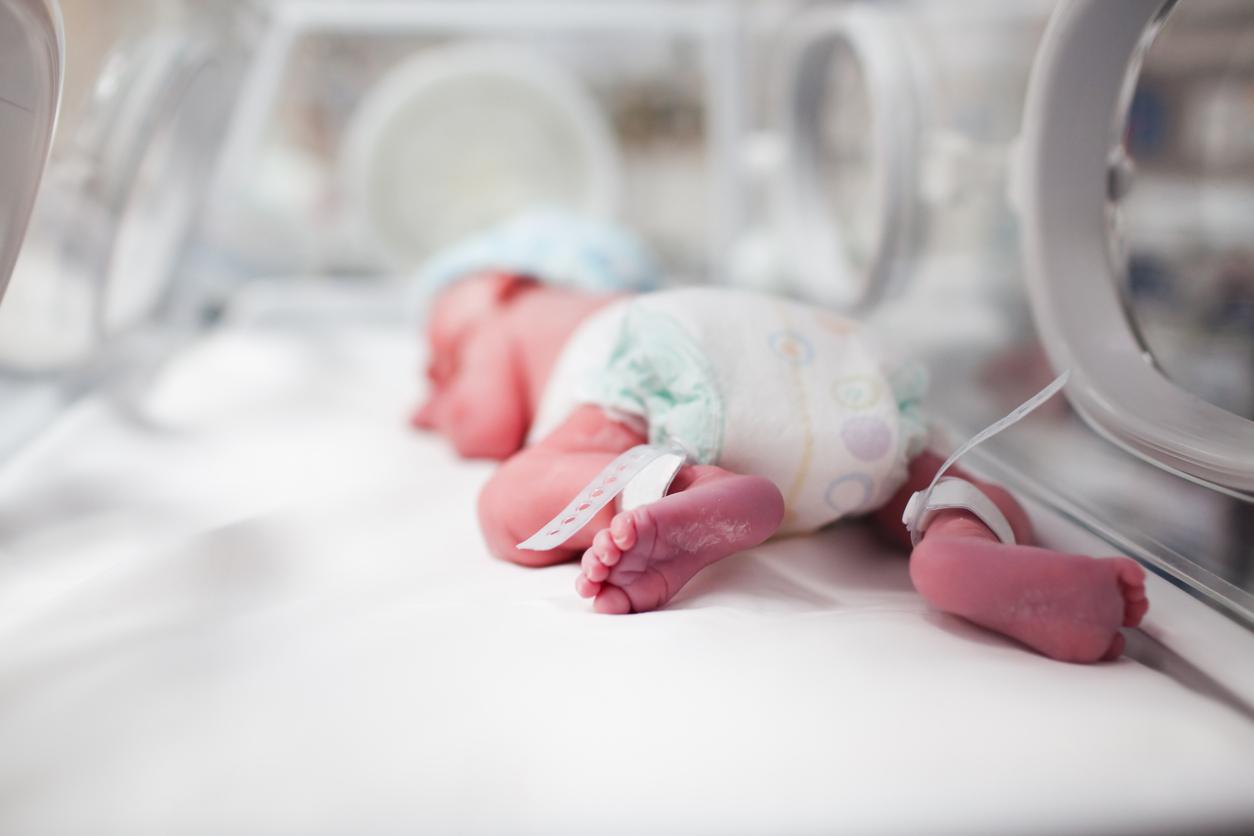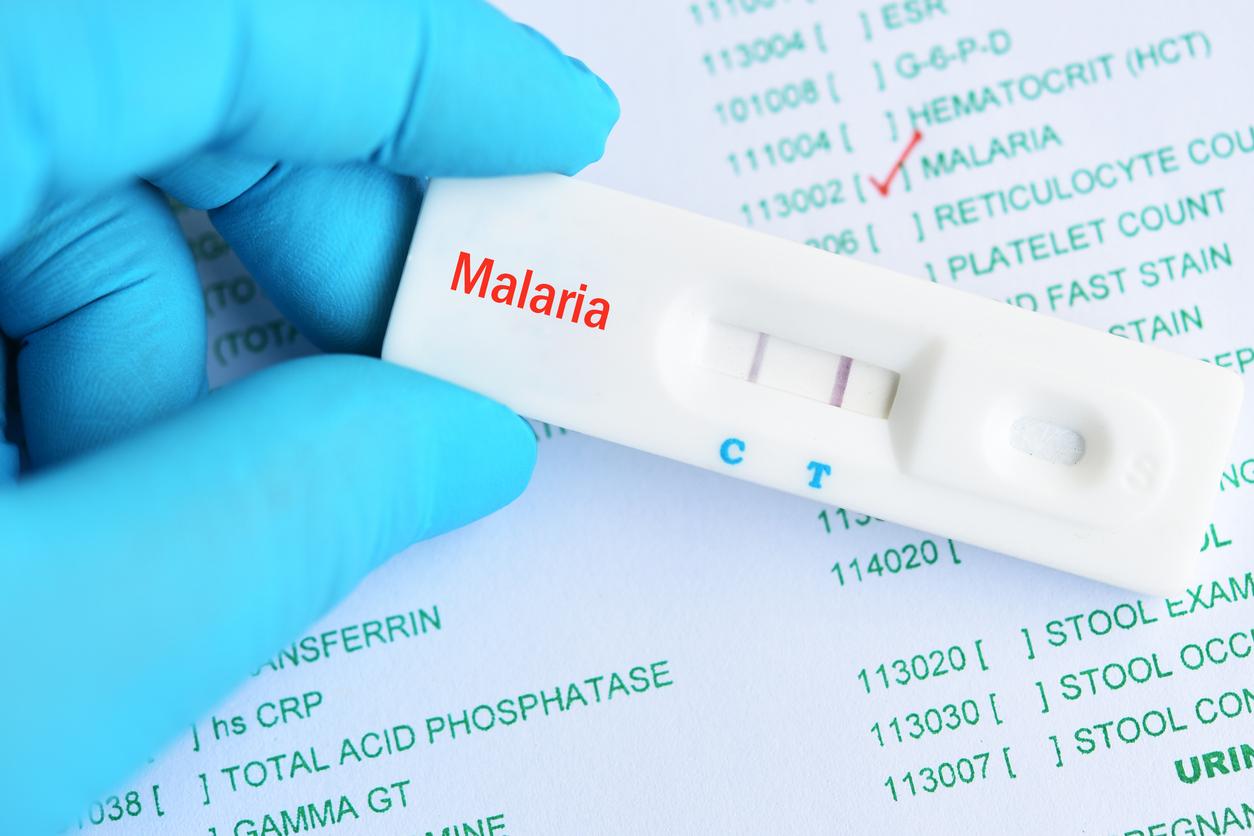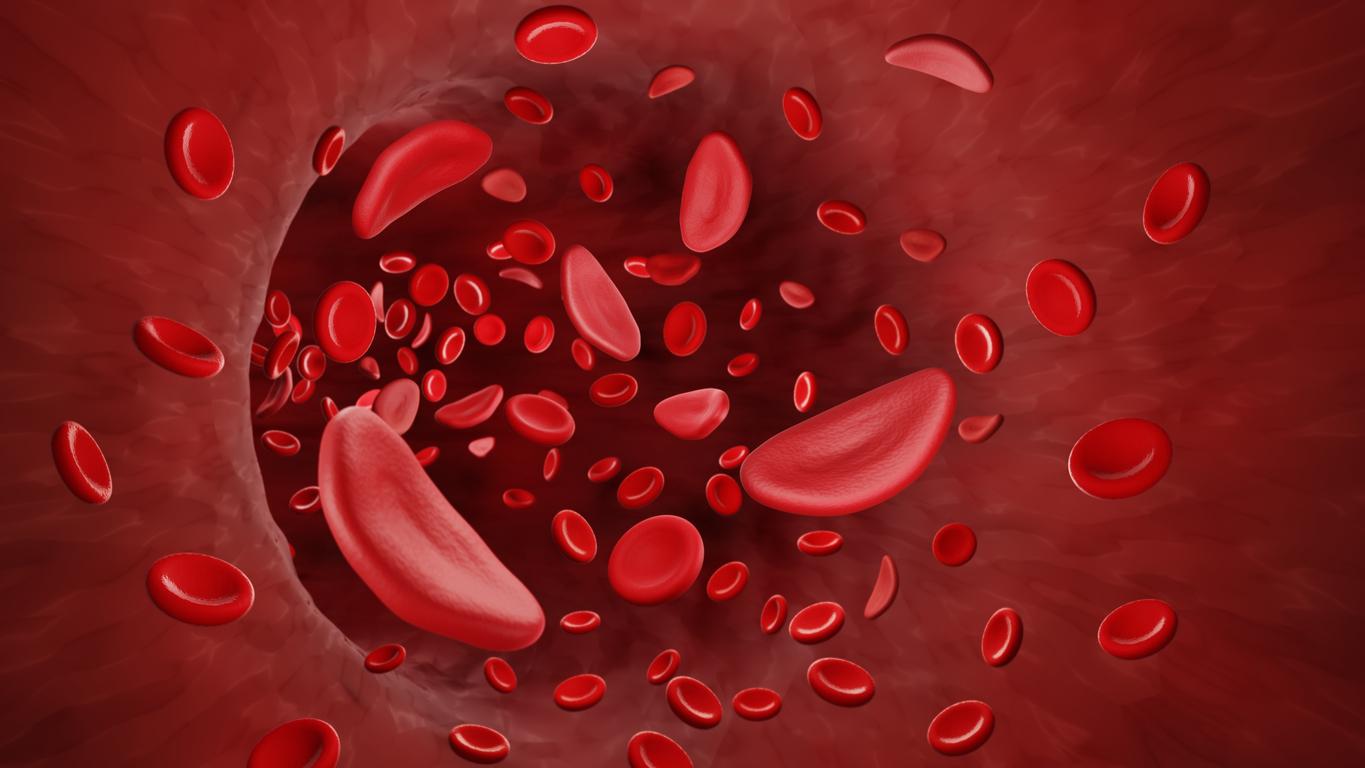Certain genetic mutations transmitted by hereditary route (in particular in the BRCA 1 and BRCA2 genes) predispose women who are carriers to extremely high risks of breast cancer and ovaries. This risk is on average 70% for the BRCA1 gene and 50% for the BRCA2 gene, between the age of 60 and 80 years. This genetic mutation was brought to light in 2013 by Angelina Jolie, a carrier of this gene, who underwent a double mastectomy to protect herself from breast cancer.
120,000 carriers of this genetic mutation in France
“There are more than 120,000 people in France who are carriers of this genetic mutation. The current screening system set up in France has made it possible to identify 20,000 people who are carriers. has about 100,000 people, or about 1 in 500, who are affected and who are still unaware of it “ explains Prof. Pascal Pujol, onco-geneticist at CHU Arnaud de Villeneuve in Montpellier and scientific president of the Association BRCA France.
This is why this association calls on the public authorities to set up an extended screening for this genetic mutation, on a voluntary basis.
“It is important that the test for the genetic mutation BRCA1 / BRCA2 can be offered to as many women as possible. They must be able to access it in an oncogenetics center. This test is relatively expensive for social security, around 2000. euros, but if we compare this to the cost of cancer care, the benefit in terms of prevention is undoubtedly extremely positive“adds Noëlle Bastide, president of the BRCA France association.
“Too many women today suffer from cancer because they have fallen through the cracks of genetic screening. It is a huge loss of opportunity for them. It is high time to put in place exemplary prevention” she insists.
On the other hand, one of the absolute taboos still remains the question of men suffering from a BRCA1 / BRCA2 mutation, deplores the founder of the association. In fact, one in two people carrying such a mutation in France is a man, ie around 60,000 men.
Read also :
The BRCA1 gene also involved in uterine cancer
The BRCA1 gene linked to Alzheimer’s disease


















